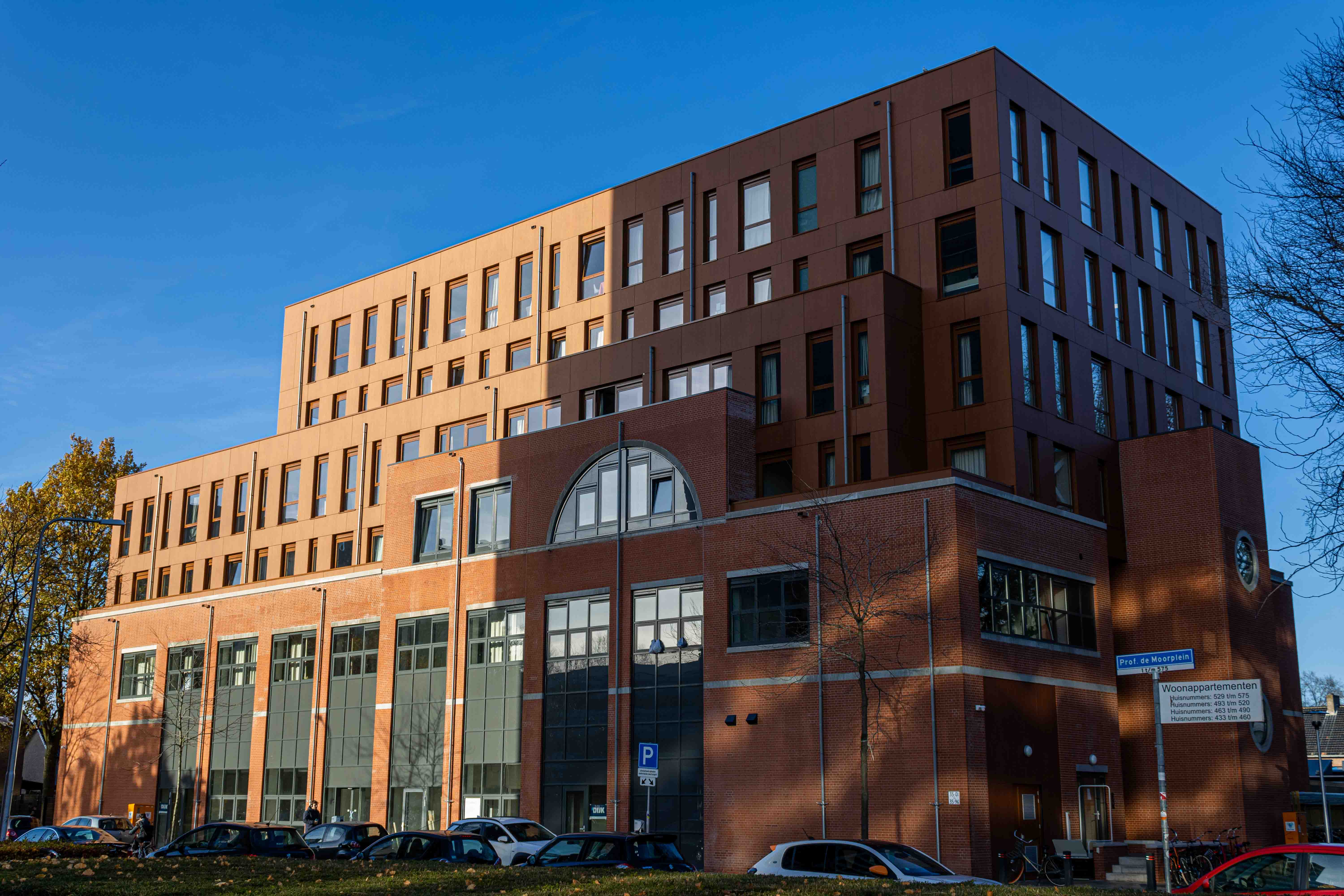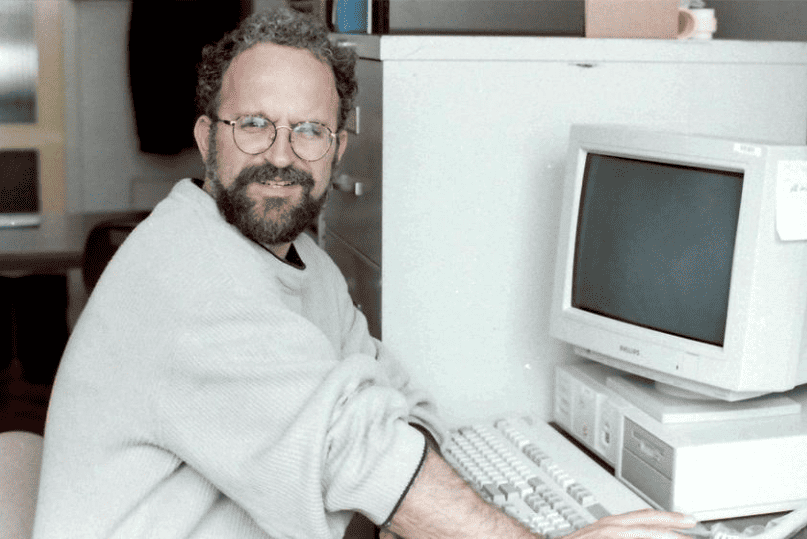
It has rained heavily in recent days. Yet we are experiencing more and more dry spells. There is even a risk that by 2030 there will be a water shortage throughout the Netherlands. There are numerous solutions that, in times of drought, can lend a helping hand. They can ensure sufficient drinking water, enough crop yields and an efficient inland waterway industry. We discuss three of them.
Why you need to know this:
We must adapt to climate change. Technological advances and natural innovations can support us during dry periods.
Seawater from the tap
Ever thought about seawater from the tap? Using saltwater can provide a valuable solution during periods of drought. Saltwater, abundant in oceans and seas, can be converted to freshwater through desalination technologies. A promising development in this area is the Memstill technology, developed by TNO. This innovative method combines membrane filtration and distillation. It can also use, for example, industrial waste heat, which is often available cheaply or even for free.
Smart plowing
Plowing is particularly difficult when the soil is very dry. But technology from the German company Kronos can come in handy. The application is called Rotapull. This plow is pulled by a tractor with built-in sensor technology, the field scanner. It monitors the quality of the soil being worked. With a delay of only a few seconds – after the tractor has traveled only three to five meters – it transmits this information to the tractor driver. The latter can immediately adjust the parameters of the Rotapull to the soil quality of the piece of field he is currently plowing. In addition to dry soil, sandy soil and wet fields can also be plowed more efficiently with this technology.

Solutions for inland navigation
In summer, river water levels are increasingly dropping to extremely low levels. Fortunately, there are smart solutions for inland navigation. For example, solutions are being worked on in the international partnership NOVIMOVE. 21 partners from six countries are working together to improve transport along the Rhine corridor between the seaports of Rotterdam and Antwerp and Basel.
The project investigates alternative ship design. For example: equipping ships with a kind of air bags that you can inflate at low water levels increases their buoyancy and makes them shallower.







